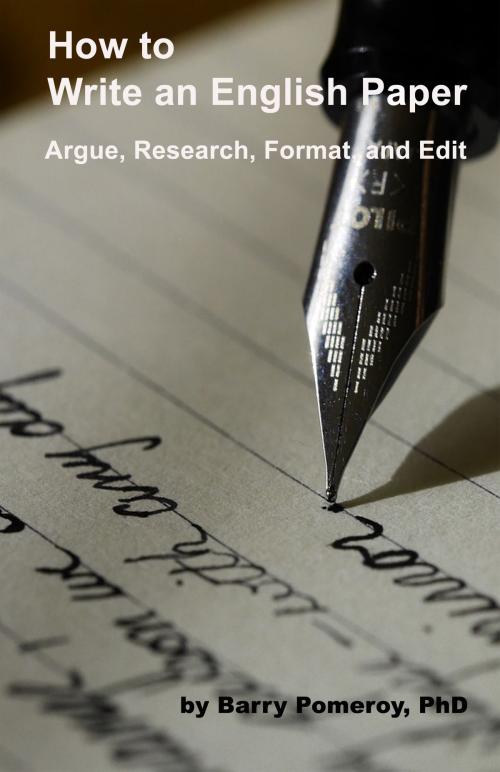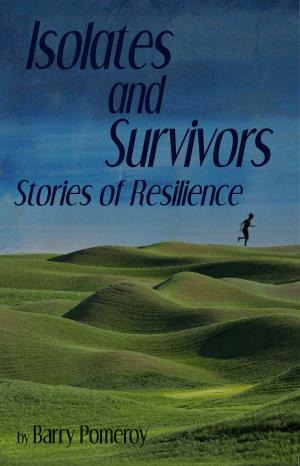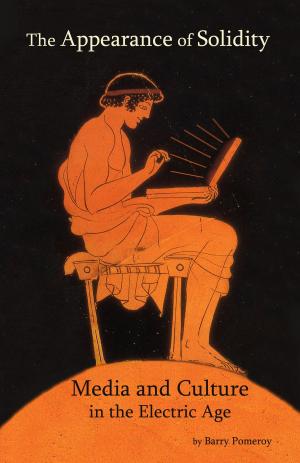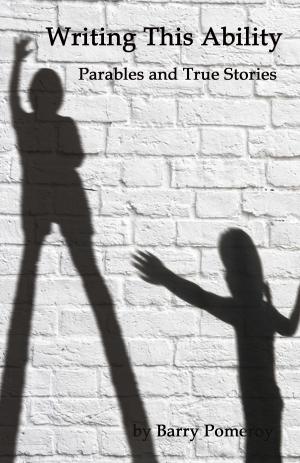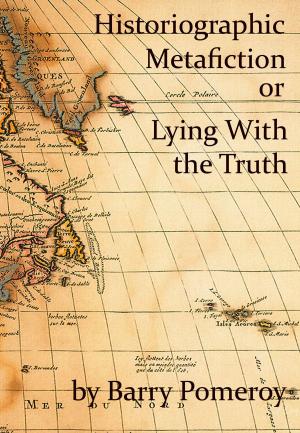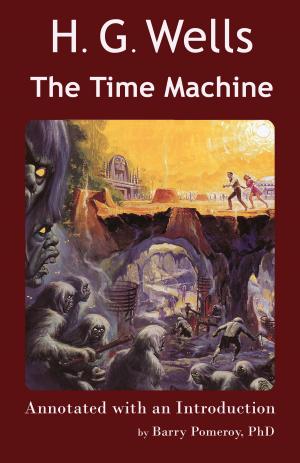How to Write an English Paper: Argue, Research, Format, and Edit
Nonfiction, Reference & Language, Language Arts, Grammar, Reference, Guides & Handbooks| Author: | Barry Pomeroy | ISBN: | 9781987922493 |
| Publisher: | Barry Pomeroy | Publication: | March 18, 2017 |
| Imprint: | Smashwords Edition | Language: | English |
| Author: | Barry Pomeroy |
| ISBN: | 9781987922493 |
| Publisher: | Barry Pomeroy |
| Publication: | March 18, 2017 |
| Imprint: | Smashwords Edition |
| Language: | English |
This guide is meant to assist those who want to learn the basics of writing English essays, as well as how to use research to support their academic arguments. Accordingly, it explains the general purpose of the academic English paper, the rationale for its structure and how to incorporate quotes and separate arguments, as well as offers research tips. Many guides on the market are full of information the student does not necessarily need, and tend to be expensive books whose rationale for existence is hundreds of pages devoted to primers on sentence structure, conjugation of verbs, and arcane use of punctuation. This project is meant to answer the need for a quick, coherent guide that focuses more on argument than grammar, and more on research and literary terminology than parts of speech.
With the notion of research changing as quickly in the academic world as it is in the mind of the general public, this guide takes on the task of explaining the different resources available as well as their relative strengths, and how to incorporate material into the essay using both MLA and APA format.
Lastly, the guide gives an editing checklist the reader can use to double-check their own work, offers a description of how their paper might be graded, and takes on the task of explaining constructions as prosaic as punctuation and as arcane as fake transitions and the incorporation of quotes. I also have a list of literary terms commonly used in undergraduate English papers, and offer a few fun exercises to tease your brain, test your knowledge, and boost your self-esteem.
This guide is meant to assist those who want to learn the basics of writing English essays, as well as how to use research to support their academic arguments. Accordingly, it explains the general purpose of the academic English paper, the rationale for its structure and how to incorporate quotes and separate arguments, as well as offers research tips. Many guides on the market are full of information the student does not necessarily need, and tend to be expensive books whose rationale for existence is hundreds of pages devoted to primers on sentence structure, conjugation of verbs, and arcane use of punctuation. This project is meant to answer the need for a quick, coherent guide that focuses more on argument than grammar, and more on research and literary terminology than parts of speech.
With the notion of research changing as quickly in the academic world as it is in the mind of the general public, this guide takes on the task of explaining the different resources available as well as their relative strengths, and how to incorporate material into the essay using both MLA and APA format.
Lastly, the guide gives an editing checklist the reader can use to double-check their own work, offers a description of how their paper might be graded, and takes on the task of explaining constructions as prosaic as punctuation and as arcane as fake transitions and the incorporation of quotes. I also have a list of literary terms commonly used in undergraduate English papers, and offer a few fun exercises to tease your brain, test your knowledge, and boost your self-esteem.
